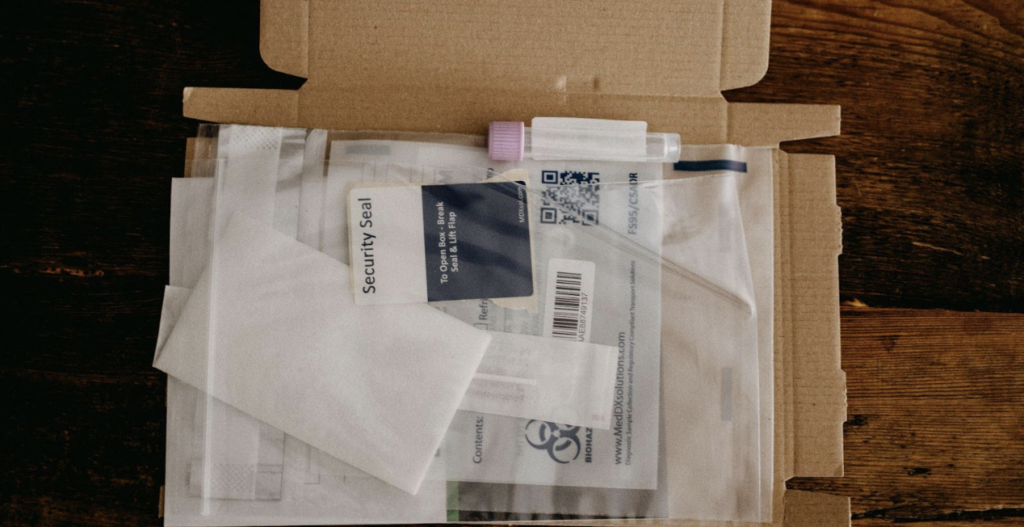STD Testing for LGBTQ+ Individuals: Unique Considerations and Challenges


It’s no secret that STD testing is a crucial part of a happy, healthy sex life. And when it comes to the LGBTQ+ community, the same rings true. And according to the Centers for Disease Control and Prevention, the highest rates of STD infection exist in young people under the age of 25, racial and ethnic minorities, and gay and bisexual men. So, you might say it’s even more important for the aforementioned groups.
In this blog, we’ll discuss the topic of STD testing in the LGBTQ+ community, as well as all of the special considerations and challenges that exist. Continue reading to learn more.

First, it is essential to understand that the LGBTQ+ community is not made up of any one kind of people. Members of this community come from diverse backgrounds, have different experiences, and face unique challenges. However, research has shown that individuals in the LGBTQ+ community are at higher risk for certain STDs, such as syphilis, gonorrhea, and chlamydia, than their heterosexual counterparts.
Ultimately, there are several reasons for this increased risk, including:

Given these increased risks, it is essential for members of the LGBTQ+ community to be aware of the importance of STD testing and to take steps to ensure they receive adequate testing and treatment. Here are some unique considerations and challenges that members of this community may face when it comes to STD testing:
As you can see, while STD testing in the LGBTQ+ community is vital, there are many unique considerations and challenges of which to be aware. Luckily, 247Labkit makes it easy to get tested on your terms. This means in the comfort and privacy of home, with results in around 48 hours.

247Labkit offers an array of at-home STD kits that make it easy for ANYONE to get tested quickly and discreetly. Browse our selection of kits today to learn more. And don’t forget to check out our blog section for more helpful sexual health and wellness tips and resources.
4 Natural Ways to Increase Testosterone Levels As men, we all want to feel vibrant, energetic, and full of life, right? Well, […]
Managing Sexual Wellness with Multiple Partners Whether you’re in a polyamorous relationship or dating multiple partners and have yet to settle down, […]
Understanding Gender Pronouns: The Complete Guide on Non-Binary Pronouns When we think of gender, most of us think of one of two […]